by Julia Blakeney
Hello, readers of the Lemuria Blog. I have become known as “the poetry reader” by my coworkers, which I am proud of, as I do love reading and writing about poetry.  For the last year and a half, I have loved being able to share different collections from new voices in the poetry world with my coworkers, and with all of you. Unfortunately, this is my last blog for the store, as I have decided to give my full attention to getting my master’s degree and to working as a teaching assistant at my university. So, naturally, I had to make my last blog one of a new collection of poetry, Bone, by one of the most powerful female voices I have read so far: Yrsa Daley-Ward.
For the last year and a half, I have loved being able to share different collections from new voices in the poetry world with my coworkers, and with all of you. Unfortunately, this is my last blog for the store, as I have decided to give my full attention to getting my master’s degree and to working as a teaching assistant at my university. So, naturally, I had to make my last blog one of a new collection of poetry, Bone, by one of the most powerful female voices I have read so far: Yrsa Daley-Ward.
Daley-Ward’s poems are raw and emotional, which, as anyone who I have ever talked to about reading poetry knows, is just how I like them. A sharp stab to the feelings, these poems are an outpouring of love and, often at the exact same time, hatred. They explore her complicated relationships with her mother, brother, father, and grandmother. They explore the effects of a staunchly religious upbringing on how she navigates romantic relationships. They explore different identities that often conflict. A few great ones discuss what many are afraid to talk about: mental health. 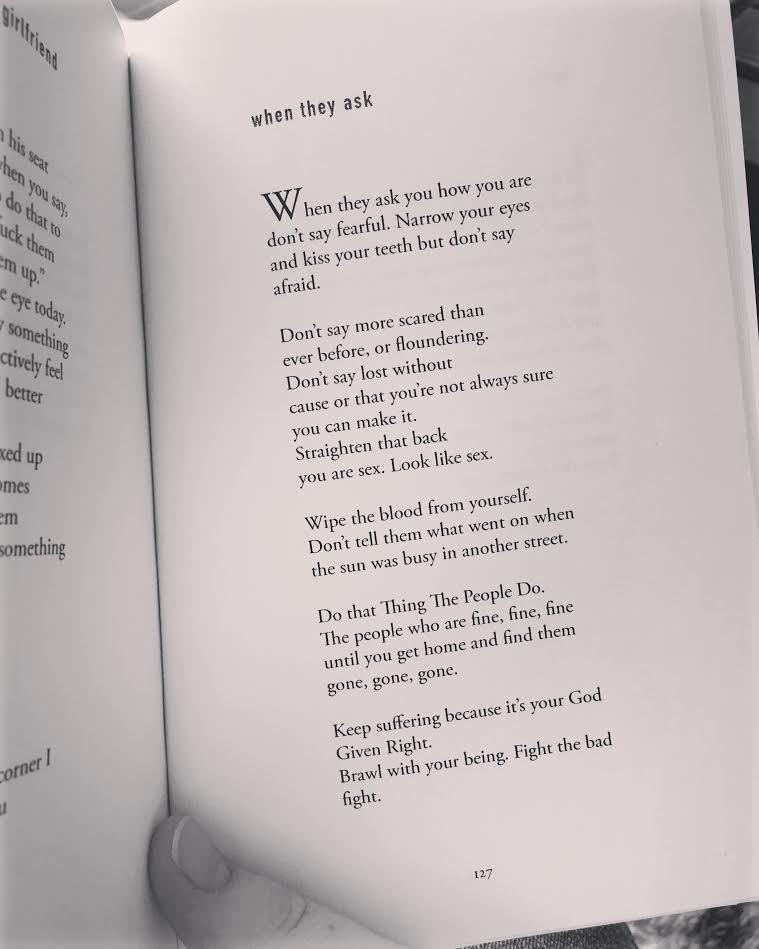 Most importantly, though, the most powerful poems explore the way she coped with abuse and how she grew up thinking that was what love was supposed to be like, because that’s what she endured and what she watched her mother endure. And just to let you know this book isn’t all poems about abuse and mental illness and gloomy subjects, there are poems, toward the end of the collection, about working through the events of her childhood, about healing, and about learning how to love healthily.
Most importantly, though, the most powerful poems explore the way she coped with abuse and how she grew up thinking that was what love was supposed to be like, because that’s what she endured and what she watched her mother endure. And just to let you know this book isn’t all poems about abuse and mental illness and gloomy subjects, there are poems, toward the end of the collection, about working through the events of her childhood, about healing, and about learning how to love healthily.
My first reaction to this book is one of sadness. As a literature major and huge appreciator of the craft of writing poetry, my second reaction was one of awe (and just a tinge of jealousy). Daley-Ward deftly tells stories through verse that makes you feel for her, and, as I said in my last poetry blog on Cassie Pruyn, made me want to jump into the book and give her a hug, cry with her, and tell her everything would be okay. If you like poetry that is honest, poetry that tells a story without sugarcoating anything, you will like this collection.


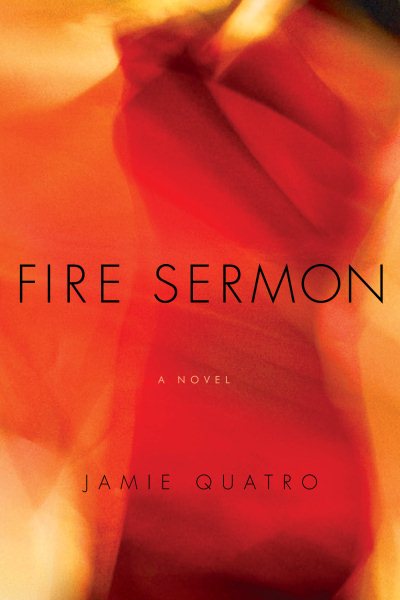 With
With 
 The Guernsey Literary and Potato Peel Society
The Guernsey Literary and Potato Peel Society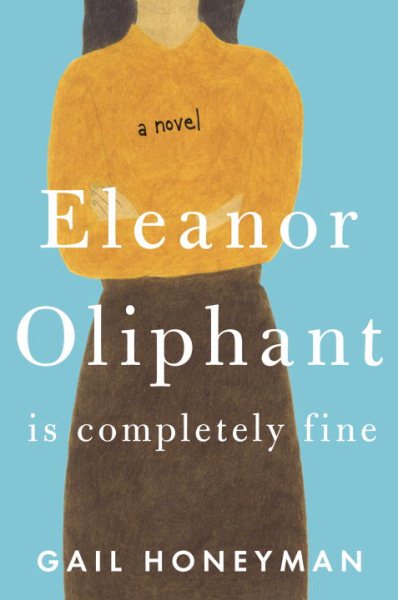 Eleanor Oliphant is Completely Fine
Eleanor Oliphant is Completely Fine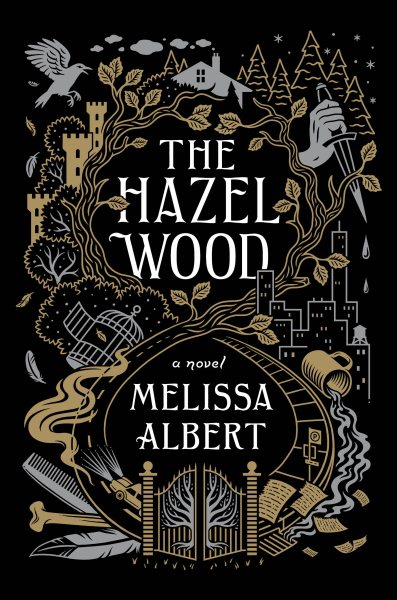 The Hazel Wood
The Hazel Wood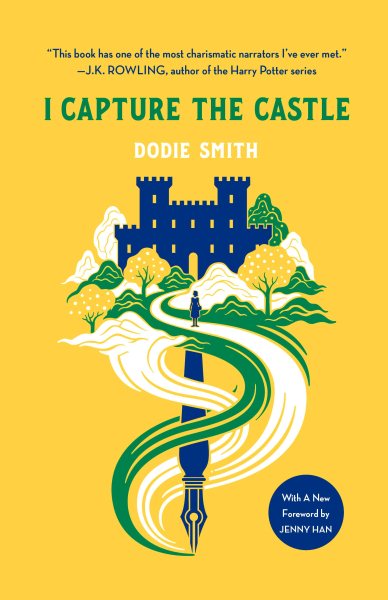
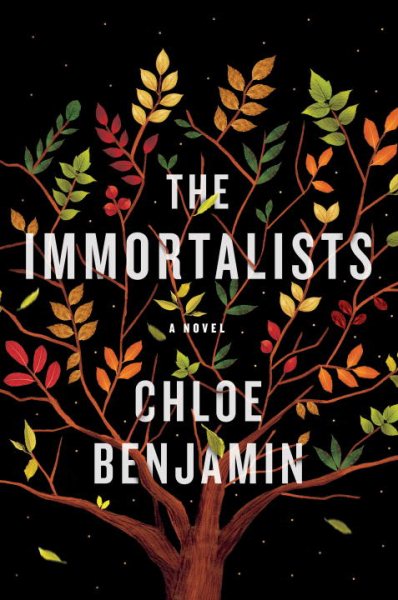 Once they have stepped out of her door, their lives and how they live them have forever been changed. Each sibling’s story of how they manage their decisions in life knowing when they will die is then told in moving and powerful chapters.
Once they have stepped out of her door, their lives and how they live them have forever been changed. Each sibling’s story of how they manage their decisions in life knowing when they will die is then told in moving and powerful chapters.
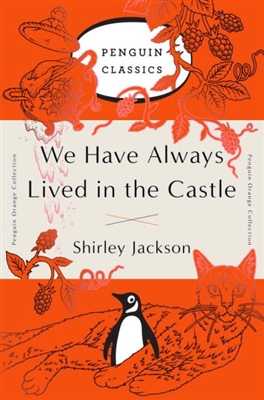 So, with these bullet points in mind, what did I pick as my first classic novel? I have started with
So, with these bullet points in mind, what did I pick as my first classic novel? I have started with 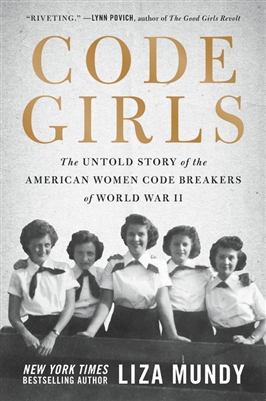 The Japanese attacked Pearl Harbor on December 7, 1945. The United States was caught virtually unawares, in a nearly two decade season of disarmament. The U.S. military had sparse forces, and few spies abroad. There was an immediate and urgent need for code breakers to decipher enemy message systems.
The Japanese attacked Pearl Harbor on December 7, 1945. The United States was caught virtually unawares, in a nearly two decade season of disarmament. The U.S. military had sparse forces, and few spies abroad. There was an immediate and urgent need for code breakers to decipher enemy message systems.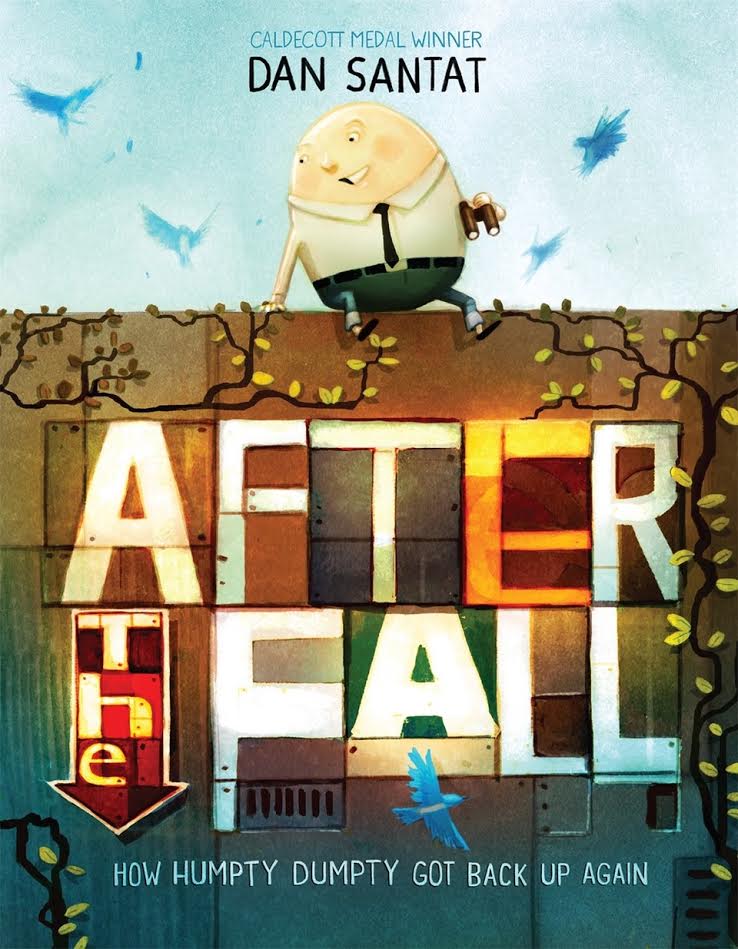

 I now stand before you utterly and entirely corrected, as Cassie Pruyn has done that very thing in her collection of poetry,
I now stand before you utterly and entirely corrected, as Cassie Pruyn has done that very thing in her collection of poetry,  the speaker illustrates these memories and the deep and sometimes conflicting emotions they evoke. I felt her passion and her love for Lena, as well as her pain when she and Lena parted ways. I was often overcome with emotion and felt the urge to hug the speaker and tell her everything was going to be okay.
the speaker illustrates these memories and the deep and sometimes conflicting emotions they evoke. I felt her passion and her love for Lena, as well as her pain when she and Lena parted ways. I was often overcome with emotion and felt the urge to hug the speaker and tell her everything was going to be okay.
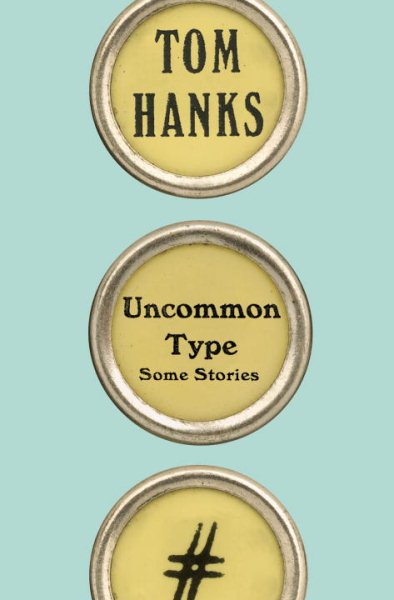 There is also, of course, the underlying presence of typewriters. For those of you who don’t know, Hanks has a slight obsession with the machine. He even typed up this collection on one. So he made sure that one crops up in each of his stories in some way, just another element of the “yearning for older times” theme that’s present throughout the book. In particular, “These are the Meditations of My Heart” is all about a woman who falls in love with typewriters.
There is also, of course, the underlying presence of typewriters. For those of you who don’t know, Hanks has a slight obsession with the machine. He even typed up this collection on one. So he made sure that one crops up in each of his stories in some way, just another element of the “yearning for older times” theme that’s present throughout the book. In particular, “These are the Meditations of My Heart” is all about a woman who falls in love with typewriters. 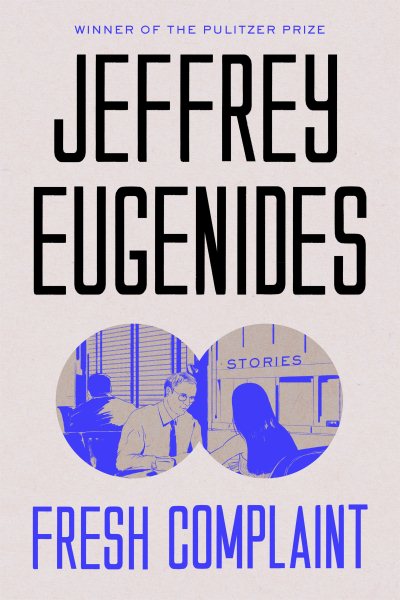 I lied. I had already cried, specifically while sitting by my apartment’s swimming pool and reading the story “Early Music.” I don’t think anyone saw, but if they had, I would have told them the truth–that one of my favorite authors has reminded me how much I love books, and that I am not sure I will ever be so passionate about anything else.
I lied. I had already cried, specifically while sitting by my apartment’s swimming pool and reading the story “Early Music.” I don’t think anyone saw, but if they had, I would have told them the truth–that one of my favorite authors has reminded me how much I love books, and that I am not sure I will ever be so passionate about anything else.